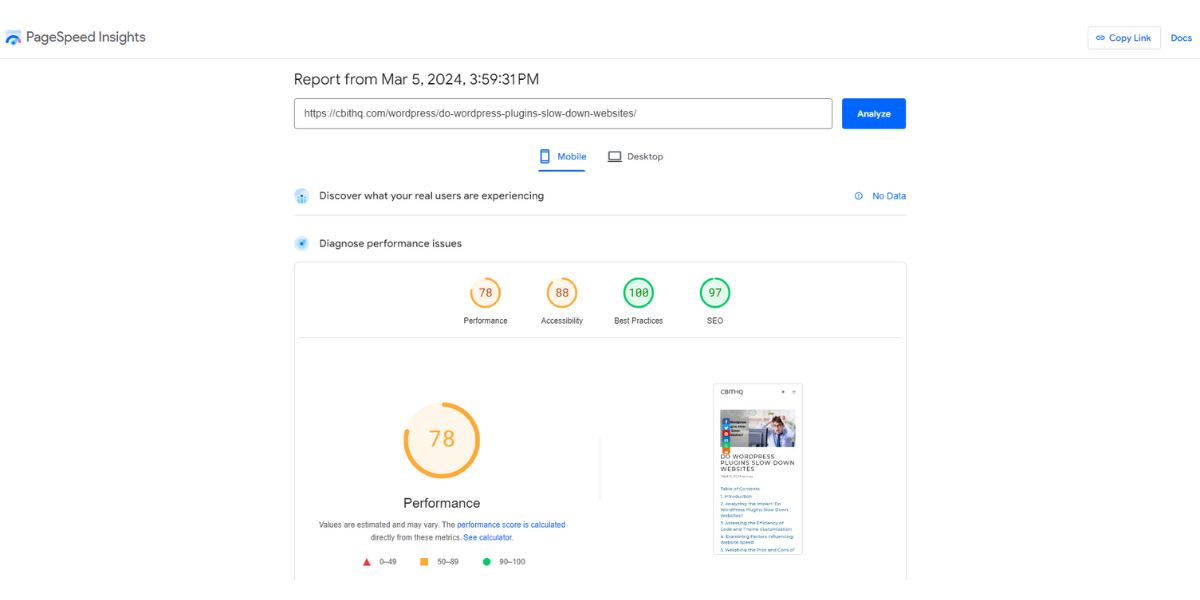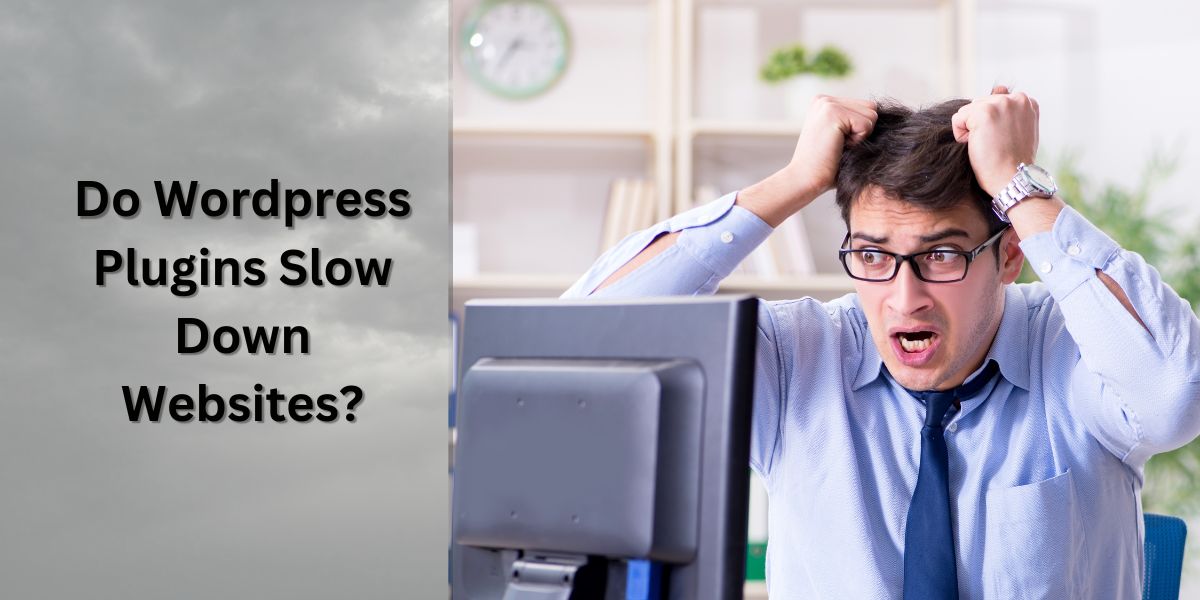Table of Contents
1. Introduction
2. Analyzing the Impact: Do WordPress Plugins Slow Down Websites?
3. Assessing the Efficiency of Code and Theme Customization
4. Examining Factors Influencing Website Speed
5. Weighing the Pros and Cons of Plugins
6. Harnessing the Power of Code Optimization and Theme Customization
7. Strategizing for Optimal Website Performance
8. Conclusion: Striking a Balance for Enhanced Website Performance
1. Introduction
In the fast-paced digital landscape, website speed is paramount. Many WordPress users wonder if WordPress Plugins slow down websites. Let’s delve into this debate and explore whether it’s more advantageous to employ code and theme customization over plugins.
2. Analyzing the Impact: Do WordPress Plugins Slow Down Websites?
Plugins extend the functionality of WordPress websites, offering diverse features. However, each plugin adds weight to the site, potentially impacting speed. As plugins execute various tasks, they require additional resources, leading to slower loading times. Consequently, excessive plugin usage can hinder user experience and deter visitors. ie WordPress Plugins could slows down websites.
3. Assessing the Efficiency of Code and Theme Customization
Employing PHP and theme customization presents an alternative approach to achieving website goals. By directly integrating code into the theme, users can tailor functionalities to their specific needs. This method often results in leaner code and reduces reliance on external plugins. Moreover, custom coding allows for precise control over website elements, enhancing performance and user satisfaction.
4. Examining Factors Influencing Website Speed
Several factors influence website speed, irrespective of the approach taken. The quality of hosting plays a pivotal role in determining loading times. Additionally, factors such as image optimization, caching, and server response time significantly impact performance. While wordpress plugins contribute to this equation and slow down websites, strategic optimization efforts can mitigate their effects on website speed.
5. Weighing the Pros and Cons of Plugins
Plugins offer convenience and versatility, enabling users to easily integrate complex functionalities into their websites. However, this convenience comes with trade-offs, including potential speed implications. Users must carefully evaluate the necessity of each plugin and prioritize performance optimization to maintain a balance between functionality and speed.
6. Harnessing the Power of Code Optimization and Theme Customization
Code optimization and theme customization empower users to streamline their websites without sacrificing performance. By leveraging these techniques, users can tailor functionalities precisely to their requirements. Additionally, optimizing code and minimizing reliance on plugins can result in faster loading times, enhancing user experience and search engine rankings.
7. Strategizing for Optimal Website Performance
To achieve optimal website performance, users should adopt a strategic approach that combines plugins, code optimization, and theme customization. Prioritizing essential functionalities and minimizing plugin usage can help mitigate speed concerns. Additionally, regular performance monitoring and optimization efforts are crucial for maintaining a fast and responsive website. You can monitor your websites performance using Google PageSpeed Insights. Once you have run PageSpeed , you can make meaningful improvements. Read more here on actionable steps to enhance your site’s speed and user experience.
8. Conclusion: Striking a Balance for Enhanced Website Performance
In the debate between using plugins versus code and theme customization, there’s no one-size-fits-all answer. While plugins offer convenience, they can potentially slow down websites. Conversely, code optimization and theme customization provide more control but require technical expertise. Ultimately, striking a balance between functionality and performance is key to ensuring a seamless user experience on WordPress websites. By employing a strategic approach and prioritizing performance optimization, users can achieve both their website goals and optimal speed.
This PageSpeed Insights analysis for the blog post titled “WordPress Plugins Slow Down Websites” was conducted immediately after its publication.

